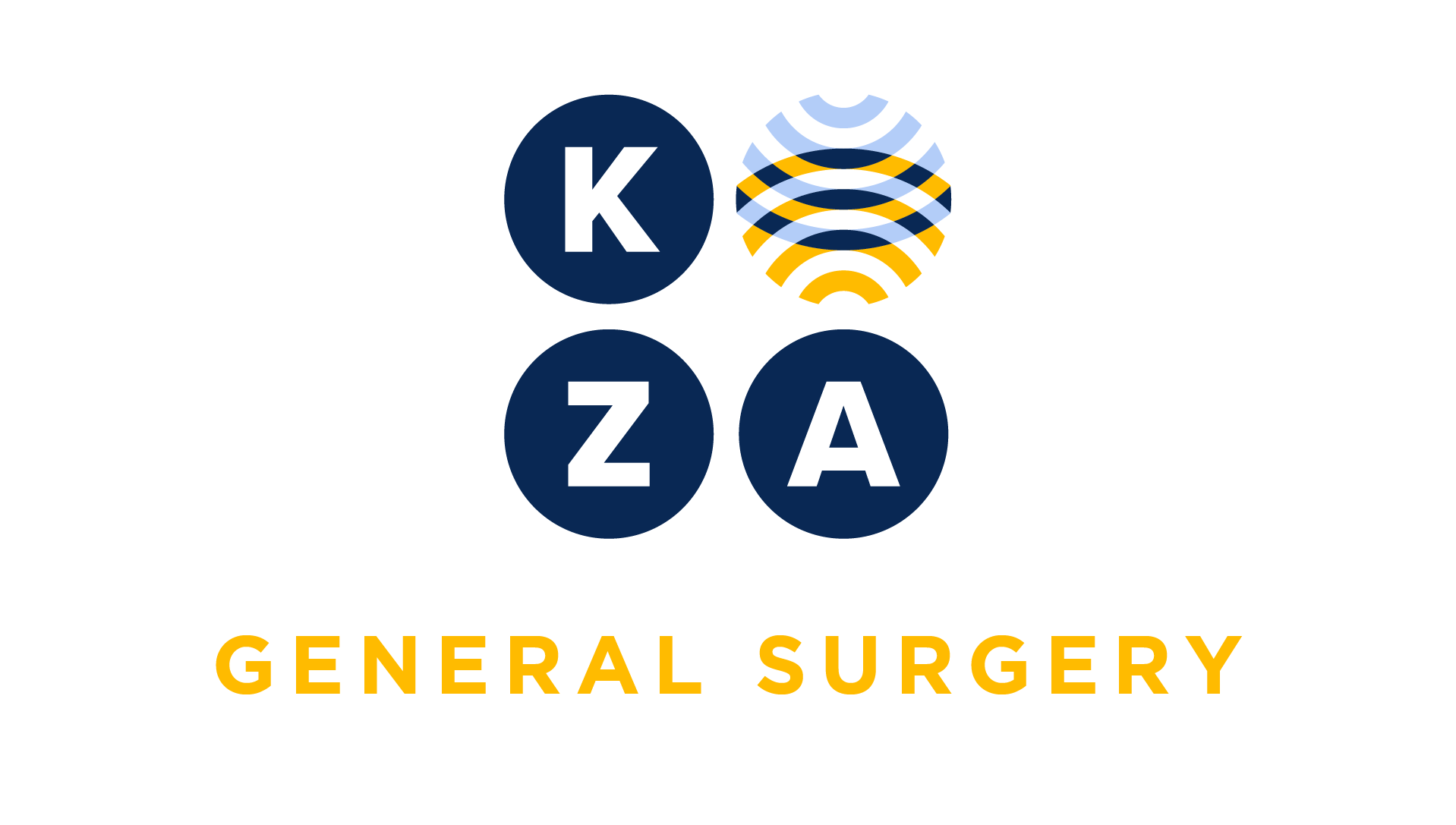
Choose your specialty from the list below to see how our experts have tackled a wide range of client questions.
Looking for something specific? Utilize our search feature by typing in a key word!
Billing for an Iatrogenic Injury, Not my Patient (Stage 2)
My surgeon was called to the OR by an OB-GYN who accidently lacerated the bowel during an open gynecological procedure. She repaired the bowel with sutures. Should the diagnosis code be the same diagnosis as the reason for the primary surgery?
Question:
My surgeon was called to the OR by an OB-GYN who accidently lacerated the bowel during an open gynecological procedure. She repaired the bowel with sutures. Should the diagnosis code be the same diagnosis as the reason for the primary surgery?
Answer:
No. The diagnosis code for your surgeon would beK91.71 Accidental puncture and laceration of a digestive system organ or structure during other procedure.
*This response is based on the best information available as of 03/30/23.
Billing for an Iatrogenic Injury, Not my Patient (Stage 1)
My surgeon was called to the OR by an OB-GYN who accidently lacerated the small bowel during an open gynecological procedure. She repaired the small bowel with sutures. How is this billed, is my surgeon a co or assistant surgeon?
Question:
My surgeon was called to the OR by an OB-GYN who accidently lacerated the small bowel during an open gynecological procedure. She repaired the small bowel with sutures. How is this billed, is my surgeon a co or assistant surgeon?
Answer:
Neither. Repairing the bowel is not inherent to a gynecological procedure so your surgeon would not be a co or assistant surgeon. Instead she will bill for the work she performed, code 44602,Suture of small intestine (enterorrhaphy) for perforated ulcer, diverticulum, wound, injury or rupture; single perforation.
*This response is based on the best information available as of 03/16/23.
Billing for an Iatrogenic Injury, My Patient
The surgeon reported an intestinal perforation caused by a trocar during a laparoscopic cholecystectomy due to extensive adhesions. He completed the cholecystectomy and also did a suture repair of one perforation of the small intestine. How is this reported?
Question:
The surgeon reported an intestinal perforation caused by a trocar during a laparoscopic cholecystectomy due to extensive adhesions. He completed the cholecystectomy and also did a suture repair of one perforation of the small intestine. How is this reported?
Answer:
Iatrogenic, intraoperative complications that are repaired at the same operative session are not separately reported. Since the small bowel perforation was an iatrogenic injury, inadvertently done by the surgeon during a surgery, it is not reported. Only the cholecystectomy should be reported.
*This response is based on the best information available as of 03/02/23.
E-Consults?
One of my colleagues told me that she was doing e-consults with other physicians for Medicare and getting paid. Is this a billable service?
Question:
One of my colleagues told me that she was doing e-consults with other physicians for Medicare and getting paid. Is this a billable service?
Answer:
Yes! Medicare has added CPT codes 99446-99452 for interprofessional/ telephone/internet/electronic health record (EHR) consultations to the fee schedule, so they are now payable services. These are assessment and management services in which a patient’s treating physician or other qualified health care professional requests the opinion and/or treatment advice from a physician with specific specialty expertise. The consulting physician can assist the treating physician or other qualified health care professional in the diagnosis and/or management of the patient’s problem without patient face-to-face contact with the consulting physician. The consulting physician should not have seen the patient in a face-to-face encounter within the previous 14 days. If the consultation leads to a transfer of care or other face-to-face service within the next 14 days or next available appointment date of the consultant, these codes are not reported.
They are time-based codes and some require verbal and written report, while others require only a written report. More than half your total time must be spent on the medical consultative verbal or internet discussion, but the time you spend reviewing the medical records counts towards your total billable time. The written or verbal request for telephone/internet/EHR advice by the treating/requesting physician or other qualified health care professional should be documented in the patient’s medical record, including the reason for the request. Reimbursement ranges from $18.84 for 5-10 minutes of consultative service to $73.28 for 31 minutes or more of consultative service (based on national rates).
*This response is based on the best information available as of 02/16/23.
Modifier 78 vs 59
What modifier do we use if a patient is returned to the OR the same day as the original surgery for post-op hemorrhage? Isn’t it 78 for this complication?
Question:
What modifier do we use if a patient is returned to the OR the same day as the original surgery for post-op hemorrhage? Isn’t it 78 for this complication?
Answer:
Modifier 78 is a global period modifier and the global period begins on post-op day one. So it is not appropriate for a same day procedure. One of the uses of Modifier 59 and the specific use XE modifier is to report a bundled procedure done at a different session on the same calendar day. For this scenario, returning to control hemorrhage on the same day as the surgery, 59 or XE is the correct modifier.
*This response is based on the best information available as of 02/02/23.
Global Period for Debridement
I thought the global period of debridement of muscle or bone was 10 days. Is that true?
Question:
I thought the global period of debridement of muscle or bone was 10 days. Is that true?
Answer:
The debridement codes were revised in 2011 and the global period for all codes (11042-11047) was revised to 0 days.
*This response is based on the best information available as of 01/19/23.

